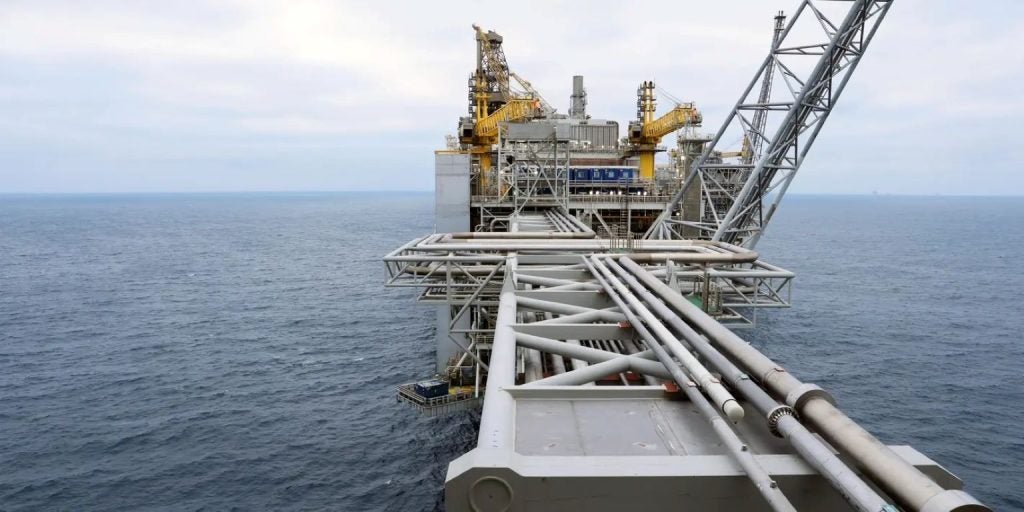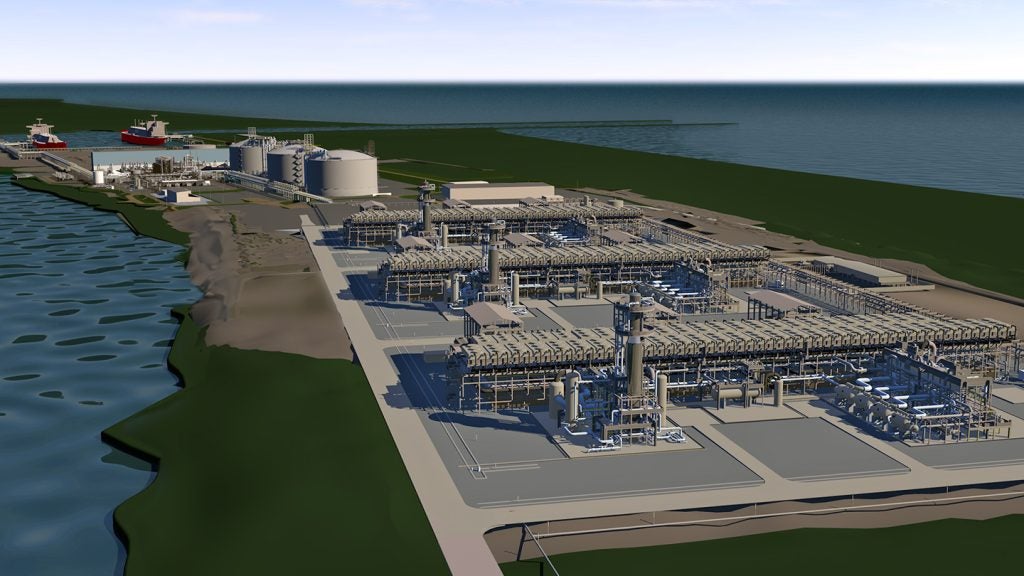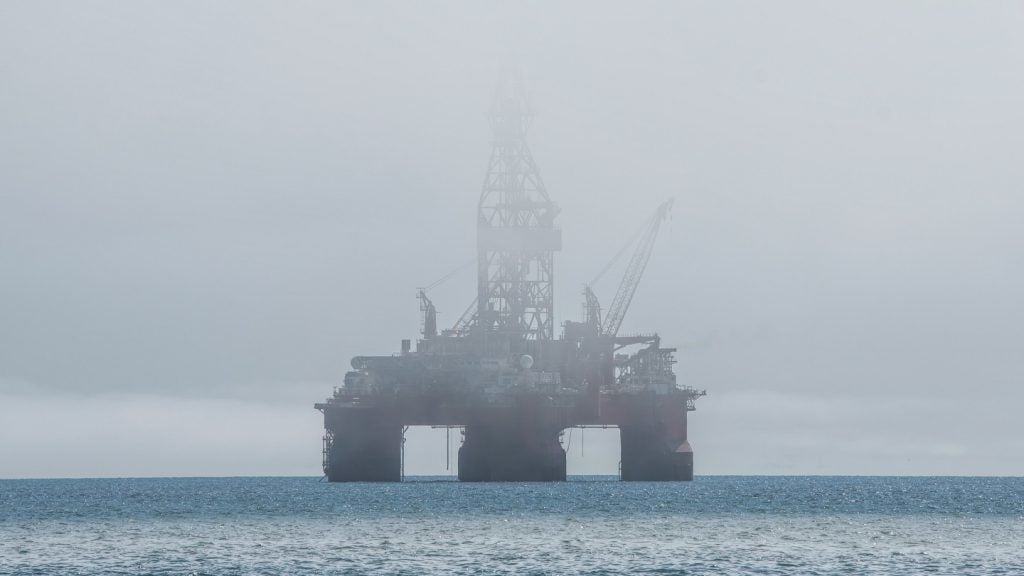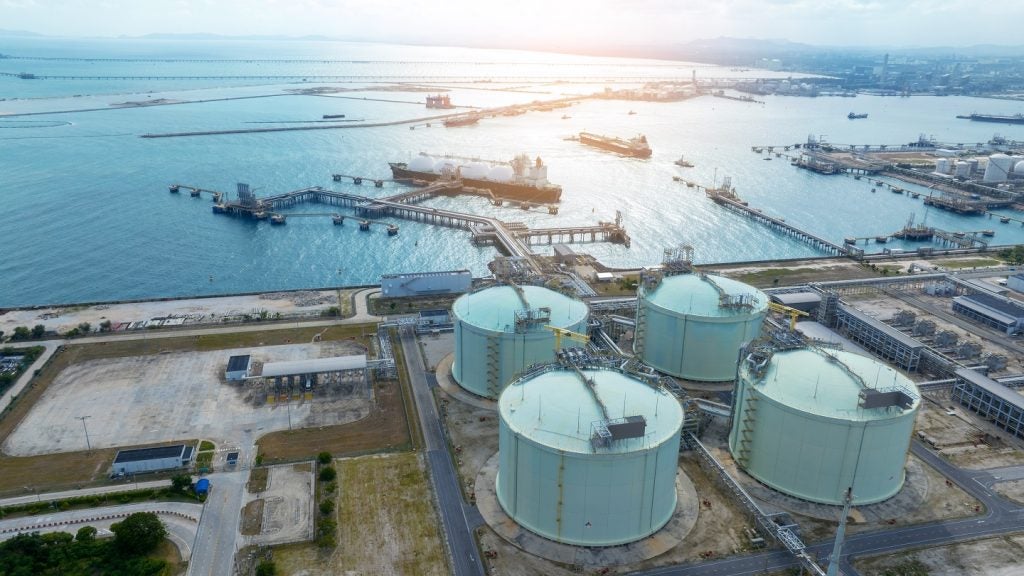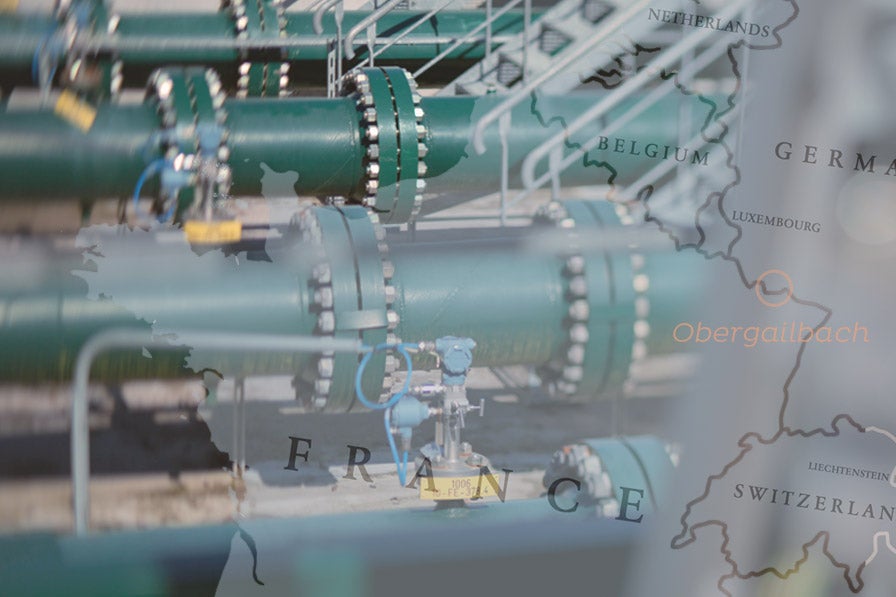
French grid operator GRTgaz has started direct gas supplies to Germany through a pipeline link to help ease energy crises in Berlin.
GRTgaz said in a statement: “In an unprecedented energy context linked to the war in Ukraine, France is in solidarity with its German neighbor by sending gas directly to it.”
France will initially deliver 31GWh per day to Germany through the pipeline that connects the two counties at the Obergailbach interconnection point (Moselle).
The new gas link has a maximum capacity of 100GWh per day.
German Economy Minister Robert Habeck was quoted by Reuters as saying: “This is a good and important sign of European solidarity.
See Also:
“And it shows that, in a spirit of solidarity, even difficult technical issues can be resolved.”
How well do you really know your competitors?
Access the most comprehensive Company Profiles on the market, powered by GlobalData. Save hours of research. Gain competitive edge.

Thank you!
Your download email will arrive shortly
Not ready to buy yet? Download a free sample
We are confident about the unique quality of our Company Profiles. However, we want you to make the most beneficial decision for your business, so we offer a free sample that you can download by submitting the below form
By GlobalDataGermany is looking to diversify its energy supplies to replace Russian gas in the wake of Moscow’s invasion of Ukraine.
Germany’s network regulatory agency head Klaus Mueller was quoted by Associated Press as saying in a tweet: “French gas deliveries via Saarland help Germany’s supply security.”
Amid energy crises in Europe due to the Russia-Ukraine conflict, Italian state bodies, including the influential National Health Institute, are anticipated to conditionally approve the development of a new liquefied natural gas (LNG) terminal, reported Reuters, citing the special commissioner for the project.
The floating LNG terminal is also required to secure permits from local communities and the mayor of Piombino, the port where the project is planned to be moored.
The Italian government expects the terminal to boost the country’s LNG import capacity and help in replacing Russian gas.



